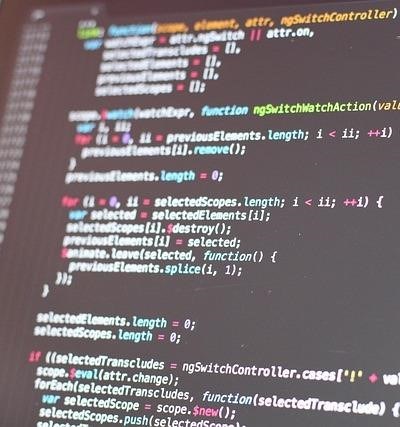
The acquisition and use of «fullz» data—comprehensive sets of personal information including names, addresses, social security numbers, and financial details—presents a profound ethical dilemma. While the allure of readily available stolen data is undeniable, engaging in such transactions carries severe ethical, legal, and societal consequences. This article will explore the multifaceted ethical implications of purchasing fullz data.
The Moral Quandary
Purchasing fullz data directly contributes to the flourishing of cybercrime. Each transaction fuels the demand for stolen personal information, incentivizing illegal activity and further endangering individuals. This participation in a criminal ecosystem, regardless of the buyer’s intended use, is ethically reprehensible. It normalizes and perpetuates the violation of privacy and the erosion of online safety. The potential for identity theft, fraud, and financial crime stemming from the misuse of this data is immense. The victims of data breaches suffer significant emotional distress, financial losses, and reputational damage.
Enabling Criminal Enterprises
The dark web, a notorious marketplace for illicit goods and services, facilitates the trade of fullz data. Buyers, regardless of their purported motivations, become active participants in this criminal enterprise. Even if the intention is not to directly commit fraud, the act of purchasing this data indirectly supports those who engage in credit card fraud, identity theft, and other harmful activities. This complicity undermines societal efforts to combat cybercrime and protect personal information.
Legal Ramifications and Responsible Disclosure
The legal ramifications of possessing and utilizing fullz data are severe. Data protection laws, such as GDPR and CCPA, impose stringent regulations on the handling of personal information. Possession of stolen data, even without malicious intent, can lead to significant legal penalties, including hefty fines and imprisonment. Ethical hacking and responsible disclosure offer alternative approaches to identifying vulnerabilities. Ethical hackers work within legal frameworks, reporting vulnerabilities to system owners to allow for remediation, preventing potential data breaches and protecting user information. This contrasts sharply with the unethical acquisition and use of fullz data.
Information Security and Online Safety
The proliferation of compromised accounts and stolen data underscores the critical need for enhanced online security measures. Individuals should prioritize strong passwords, multi-factor authentication, and vigilant monitoring of their financial accounts to mitigate the risks associated with data breaches. Organizations must also implement robust data protection strategies, including encryption, access controls, and regular security audits, to safeguard sensitive personal information. Education and awareness regarding online safety are crucial in combating cybercrime and protecting individuals from the devastating consequences of data breaches.

